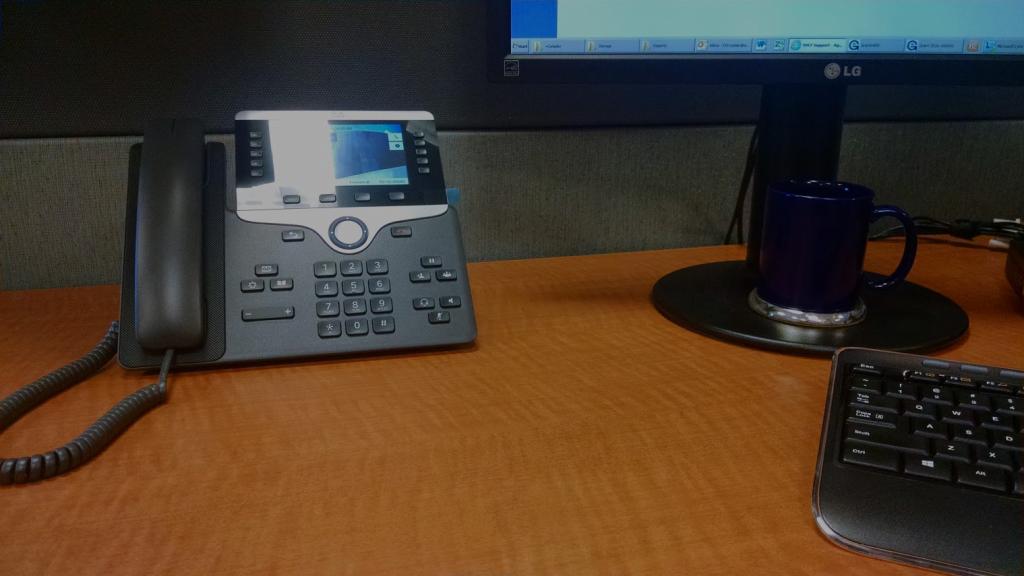Work. The daily grind. The rat race. There are a lot of ways we describe the least-appreciated thing in our lives. But work isn’t just our contribution (good or bad) to society. It’s also a peerless field of training.
While it’s easy to love fat paychecks and promotions, it’s far harder to appreciate our harsh bosses, trendy corporate policies, and too-cool-for-school coworkers. But as a place to learn our real limits, the modern workplace is the best spiritual gym you can find, short of a war zone. Too many people, too few resources, and a culture of competitiveness. And they pay us to go!
Now, to be fair, the workplace is not designed with the practitioner in mind. It’s designed for the same people who thrive in every other social environment. The clever, the likable, the incisive, and the ruthless will always succeed at all-too-human endeavors. Those who dare, know, will, and keep silence will always find themselves trying to ride two horses with one ass.

While the “survival of the fittest” in the natural world is overblown, it is still the basis of our economy. Ruthless competition in the workplace mixes ego, survival, power, and reproductive success in ways that play to the worst in us. Promotions go to those who lean in, those who synergize, and those who follow trends so aggressively that they become leaders.
What’s a practitioner to do?
Working toward Enlightenment
On the path toward whatever passes for enlightenment these days, those of us who aren’t independently wealthy (me) still need to work.(1) And yes, by the end of the work-week, sometimes all we have the energy to do is collapse and call on the spirit of Merlot, one glass at a time.
The more we identify with work, the more it kills our spirit. No matter how awesome our co-workers are (and mine are actually pretty great, most days), living by someone else’s rules is exhausting at best, and sometimes even lethal. In instinctive defense, we distance ourselves from our jobs.
Yet pushing back against our work-identities doesn’t really solve the problem. We continue to treat work as something outside of us, but it isn’t. For the practitioner, work isn’t an imposition, it’s an opportunity. Maybe it’s not the most fun opportunity ever, but it has advantages.
We have this image of the wizard at his studies, or the witch with her herbs. But if we’re looking for an alembic to purify ourselves – if we’re willing to create the philosopher’s stone here and now – then the laboratory we need is a cube farm.
The workplace provides us with a steady influx of challenges, opportunities, and the occasional crisis. While the everyday person is free to react as best they can, it’s our duty to rise to the call.

The coworker you can’t stand? The promotion you never quite manage? The boss who forever remains aloof? Gifts to hone ourselves against.
Become that coworker’s confidant, just to see if you can. Seize the promotion, truly turn away from it, or both. Learn that the boss’s approval isn’t what you need. Whatever you do, make work your own. Not only will it make work useful once more, it will also make it fun.(2)
If you’ve seen a deeper world, then you know as well as I do that time is short and life is precious. There’s no time to waste, and we can’t treat anything we do like it’s a waste of time.
What do the wise call something that stands between them and their goal? The Path.
Stay Centered
For those of us on the path, what’s to be done? There are a number of things that can help, but the biggest one by far is centering. It’s oftern easy to remain grounded at work. Doing what needs to be done isn’t hard – it’s why we’re there. Mostly, being grounded just requires focusing on the job at hand.
On the other hand, it can be impossible to remember who we really are in such an all-consuming environment. I know I have to remind myself that my relationships there are transitory and contextual. Staying centered helps.
If we’re going to be at work for a third of every day, we might as well take advantage of the opportunities it provides for training. If I were going to write a Pagan Guide for Survival in the Workplace, the first chapter would be on Centering.
Sometimes it seems like our mundane work is a barrier on the path of Paganism. Pagans, at least as much as anyone else, have this terrible relationship with our jobs. It’s a very Western drama to either resent our daily work or define ourselves through it. To be more present, but less attached, we can benefit from spending a little time centering.
ProTip: How to Center Anywhere
In order to center yourself, anytime and anywhere, the one thing you need to do is the opposite of lean in. Just for a moment, bring your awareness back to yourself.(3)
Start by taking a single conscious breath. Let it out.
Next, inhale again, as you stretch your body straight. Balance your head on your neck. Stretch yourself so that the crown of your head stretches upward a bit. Let your body align as if it were hung from that point.
And then, fairly quickly, pay attention to each part of your body. Start with the crown, and move down through the head, face, and neck. The chest, arms, and hands. The solar plexus, belly, and hips. The butt, legs, calves, and feet.
Then, if that was easy, let that same awareness rise. Start with the ground beneath your feet and rise to the tailbone. Rise along your spine. Through your skull, and back up to the crown of your head.
Finally, take another breath. Let it out slowly.
Making It Happen
While it’s easy to sit back and think about the advantages of centering at work, it’s worth taking the step, instead. In order to benefit, you might consider making a habit out of it. Here’s a quick method:

Pick your favorite number from one to sixty. At that minute on each hour, take ten to twenty seconds to center yourself. Keep track of how many times you can do it in a day.(4)
Once you’ve made a game out of it, you’re well on your way to making it a habit. And in cube-world, it’s the ingrained habits that keep us going.
(1) If you’re a professional Pagan, good for you. The Pagan econosphere can only support so many of us, and most who try to get by end up with specific patrons who make it possible, local communities that support them, or scraping by “walking the earth.” If that’s your path, that’s awesome.
(2) The first rule of Work Club is you do not talk about work club. The second rule of Work Club is you do not talk about work club. The third rule is that you must be good at your job.
No, seriously, if you decide to make work into a spiritual training ground, remember that none of your co-workers will appreciate the humor quite as much as you do. And even if you learn not to take workplace drama seriously, always take your job with the utmost seriousness.
(3) When I talk about remembering yourself, it’s not some idea of yourself, but who you really are. The more we center on who we actually are, the easier life is. The more we focus on who we want to be, should be, or pretend we are, the more we’ll struggle to be present. It’s easy to understand, but hard to do.
(4) If you find that the number you picked makes life hard at your job, pick a new one. The trick is to remember the number.
















